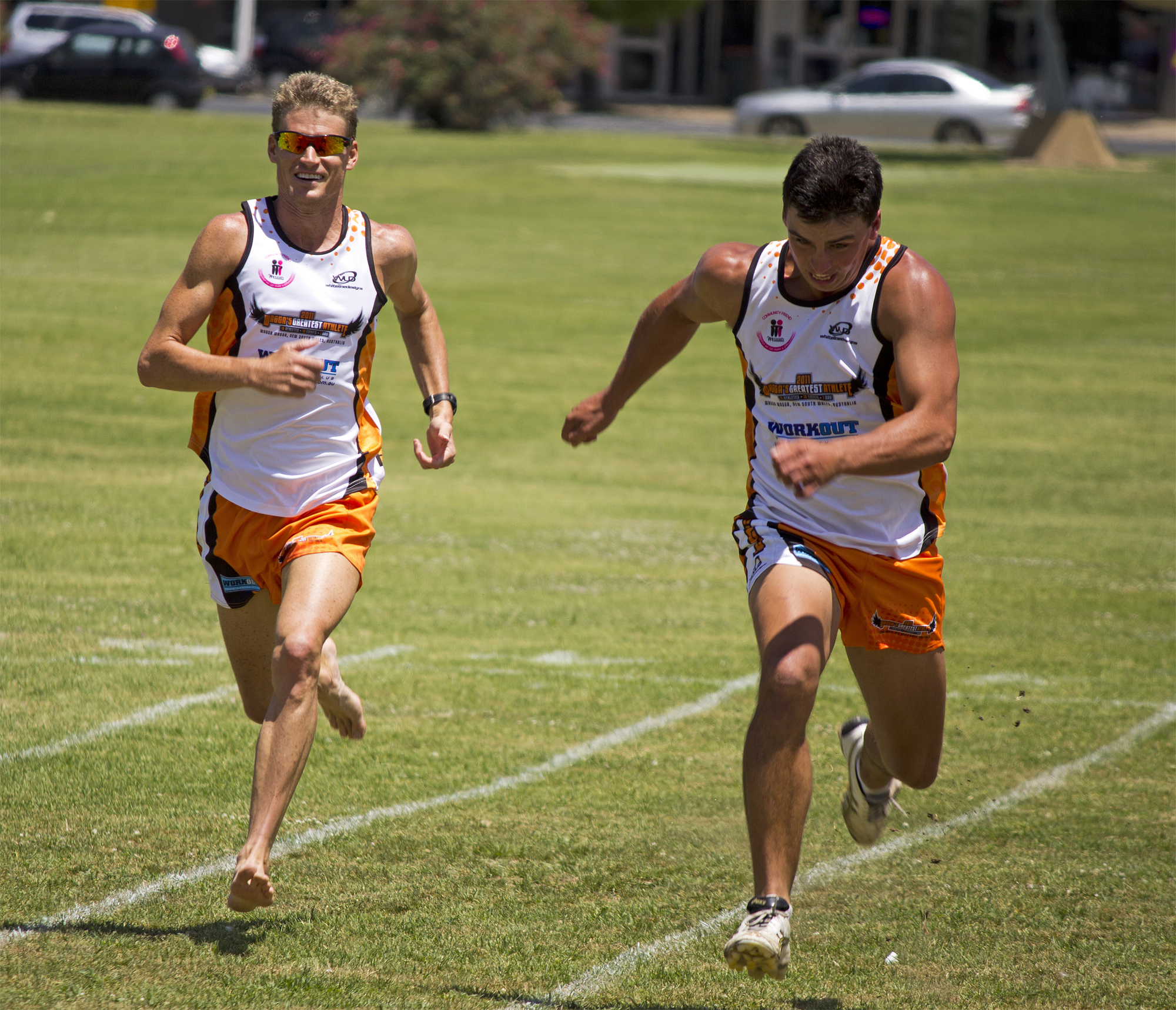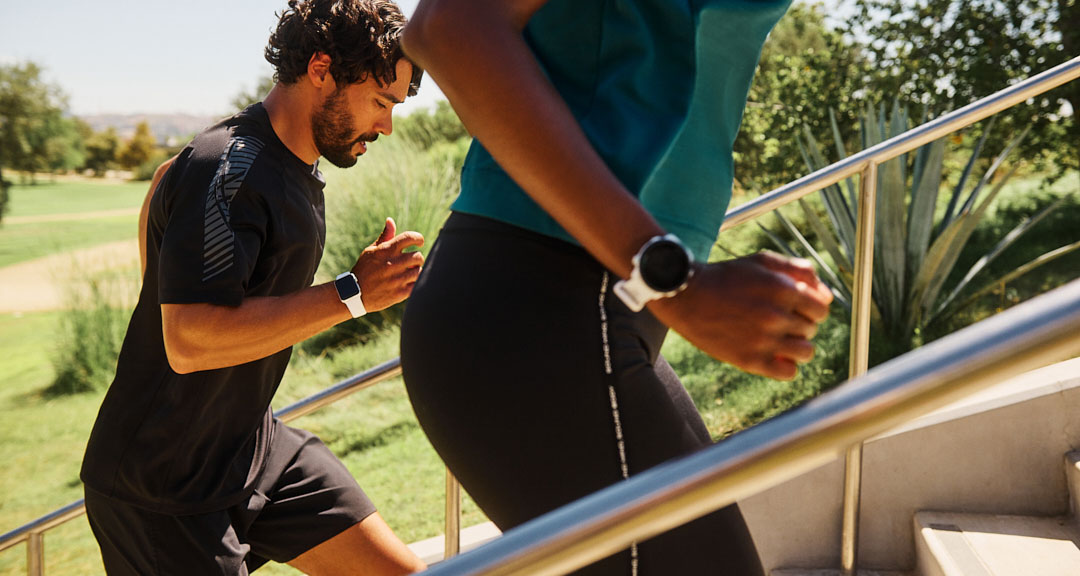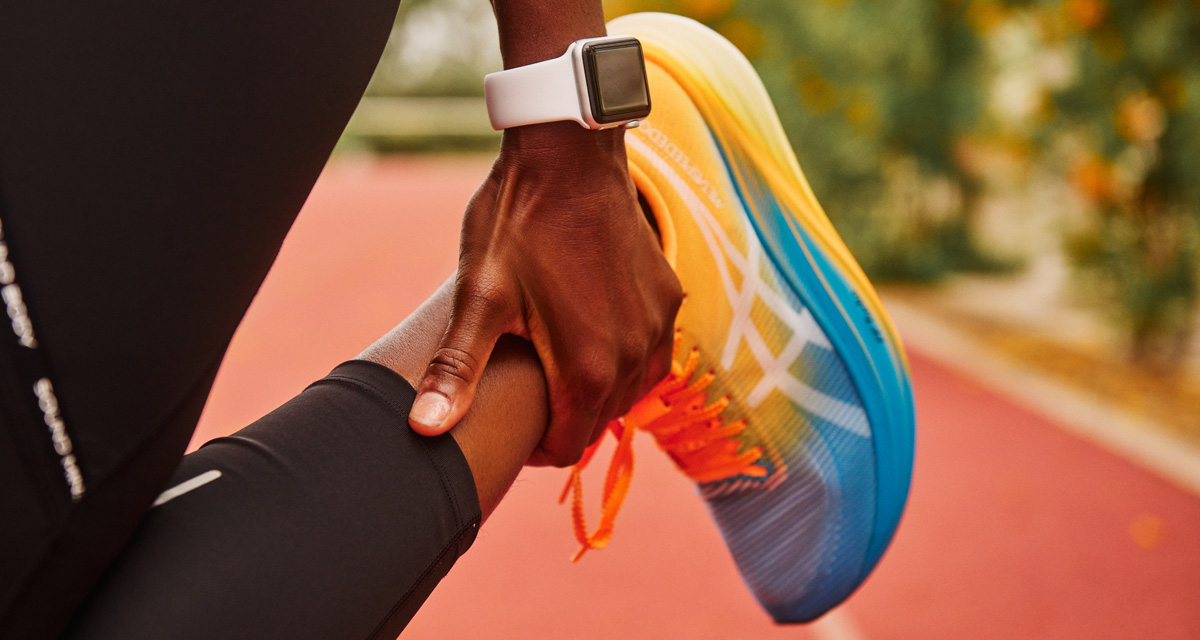What Speed Should I Run at When Training for Marathons?
Hi there, and welcome back to the Mohsin Salya blog.
It takes a lot to prepare for a marathon. It’s a good idea to develop an extensive training regime, so that when the race arrives, you’re ready to face this demanding but very rewarding task. At this point you may be asking “what speed should I run at when training for marathons.” Well here’s the answer…
Go with a game plan
If you’re training for a marathon, especially as a beginner, it’s crucial that you go in with a game plan. There’s a lot of work involved with marathon training, so coming up with this strategy will help you reach your goal, as well as figure out how you’re going to fit it all into your life. First things first – to come up with this strategy, familiarise yourself with the basics, so you know what you’re up against.
Finishing times
When it comes to training speeds, it’s handy to know what you’re going to be expected to do, and how long people typically take to do it. Be aware that marathons are around 26.22 miles (42.195km). It’s impossible to run those kinds of distances quickly, even for professionals, so you should expect to run a long race and therefore, your training sessions are going to be time consuming.
It’s hard to say with any certainty how long it takes to complete a marathon. According to Very Well, it can take just over two hours even for the best runners. The average, however, is 4 hours, 19 minutes and 27 seconds for men and 4 hours, 44 minutes and 19 seconds for women, so you should be looking to cross the finish line in the region of these time frames.
Figuring out speeds
We can use these averages to work out how quickly you’ll have to run to complete a marathon. It’s around 9 minutes 54 seconds per mile for men and 10 minutes, 51 seconds per mile for women for the optimum marathon pace. You should look to train at these speeds, in order to prepare yourself properly for the rigours of marathon running.
However, if you’re new to marathon running, you won’t be able to start at your desired pace straight away. You likely won’t have the stamina to run nine or ten minutes per mile at the beginning. Your feet won’t be used to the pressure, so you could injure yourself – taking you out of the race completely. Instead, follow this advice from Runner’s World to take a more measured approach.
The suggestion is that you start out an easy pace for the first ten or 20 minutes of marathon training. There’s no real rule of thumb here – but as a base-line, try making your easy pace half of the average marathon time for your gender. After this, you should accelerate your pace throughout the rest of your run. You may need to train for a while before reaching your marathon pace however, so you can prepare your body properly.
Your own pace
There’s no one ideal speed that everyone should train at, when preparing for marathons. Even the average is only a base-line, and it’s really important that you know your body and understand your physical limitations, so you can figure out how long it’ll take you to run a marathon, leading you to the right training speeds. Nobody wins when you push your body too far, so it’s always best to go at your own pace.
Until the next time,
Mohsin Salya




